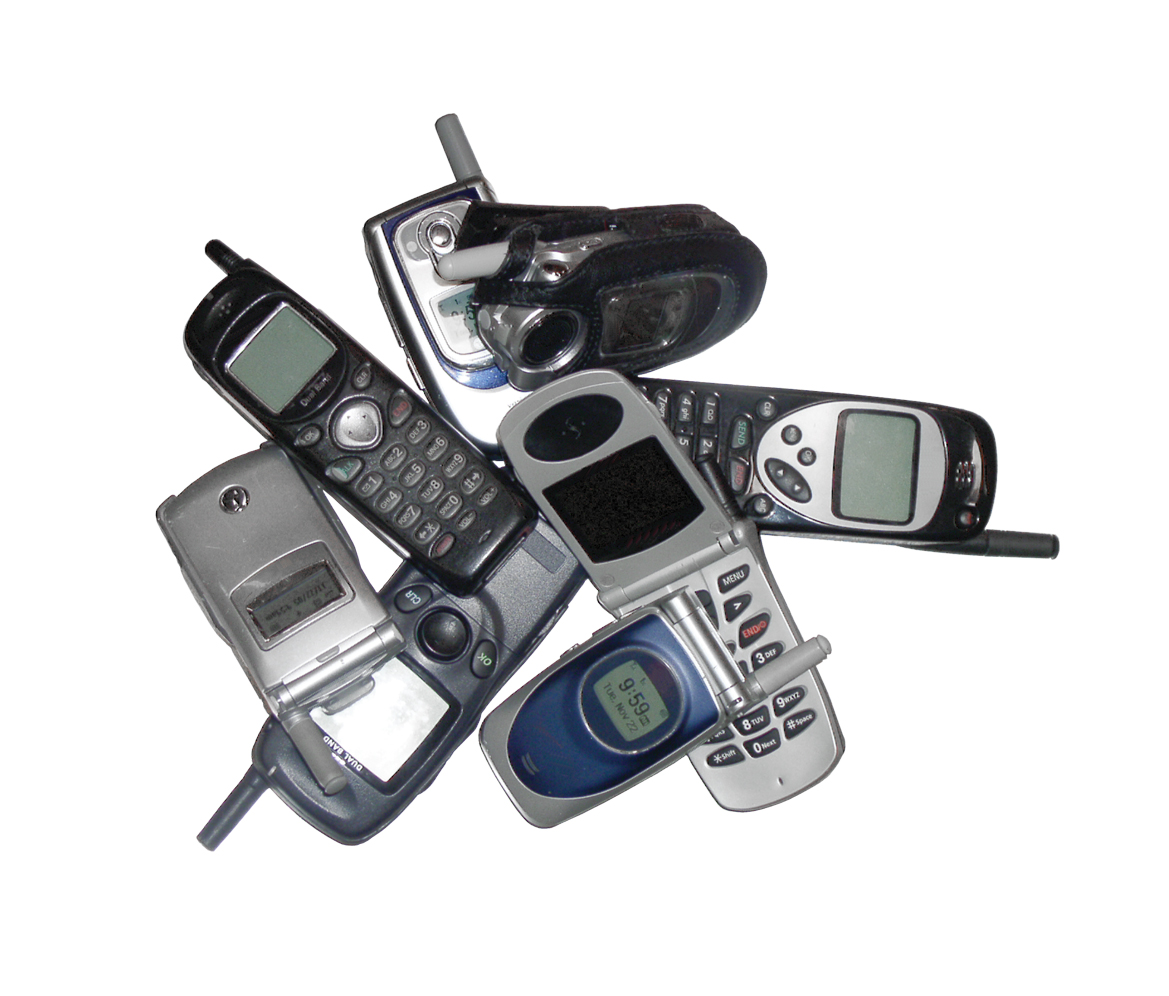 What if you could have access to a cheap supercomputer in the cloud, and one that automatically upgrades itself every couple of years? One that taps into existing unused processing power that doesn’t require a new ginormous datacenter to be constructed? This is the idea behind Devin Elliot’s startup called Unoceros.com.
What if you could have access to a cheap supercomputer in the cloud, and one that automatically upgrades itself every couple of years? One that taps into existing unused processing power that doesn’t require a new ginormous datacenter to be constructed? This is the idea behind Devin Elliot’s startup called Unoceros.com.
I was skeptical when I first heard him talking about it. This is because he borrows processing time on millions of cellphones at night. Think this through for a moment: these phones are charging, often connected to your home Wifi network, and they are sitting completely idle next to your bed. Why not put them to a good purpose? Think of SETI@Home only instead of searching for intelligent life in space, it is being used for running intelligent apps here on planet Earth.
I mean, the puny cellphone? Can’t we find a better collection of processors? Turns out that while we were sleeping, all that CPU power can add up to quite a few petaflops of processing. If you have a couple million cellphones, you can construct a distributed supercomputer that can rival some of those that are on the top500.org list. Today’s modern phone has the processing equivalent of a medium Amazon Web Services instance. That is far from puny.
I have been fascinated with this topic for some time ever since I participated in a rather unique “flash mob” computing experiment about ten years ago in San Francisco. This was the idea behind a course offered at University of San Francisco and taught by scientist Pat Miller, who works full-time at the Lawrence Livermore Labs. Call it Bring Your Own Laptop. One of the participants was Gordon Bell, who was the father of the VAX while he worked at DEC and now at Microsoft. I was one of hundreds of volunteers and left two laptops of my own for the weekend while the class tried to knit them all together to run the usual benchmarks to prove we had created a supercomputer.
While this flash mob failed at assembling a top supercomputer, they were able to get several hundred machines to work together. But that was ten years ago. Now we have the cloud and efforts like CycleComputing,com to build more powerful distributed processors.
Anyway, back to Unoceros. They have developed some software that can be included inside a regular cellphone app that, with your permission, makes use of your idle time to become a distributed compute engine for those developers that are looking for spare cycles. They are working out the kinks now, figuring out how to distribute the load and make sure that bad actors don’t harness their network for evil purposes.There is also the not-so-small issue about who pays whom and how that aren’t trivial either.
Could it work? Perhaps. It isn’t as crazy as having hundreds of people carrying their gear into a university gym one weekend.